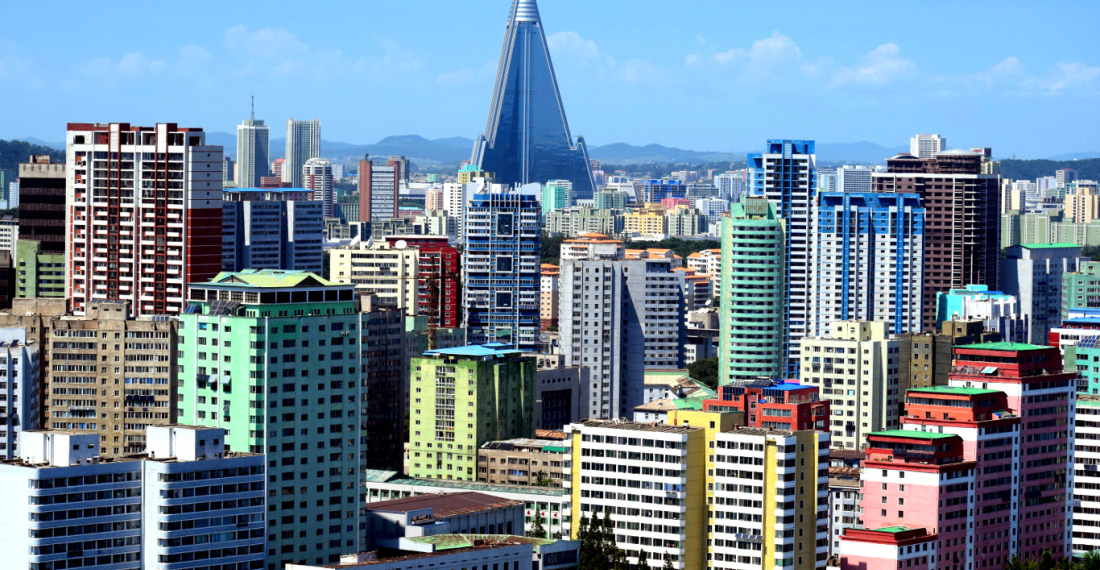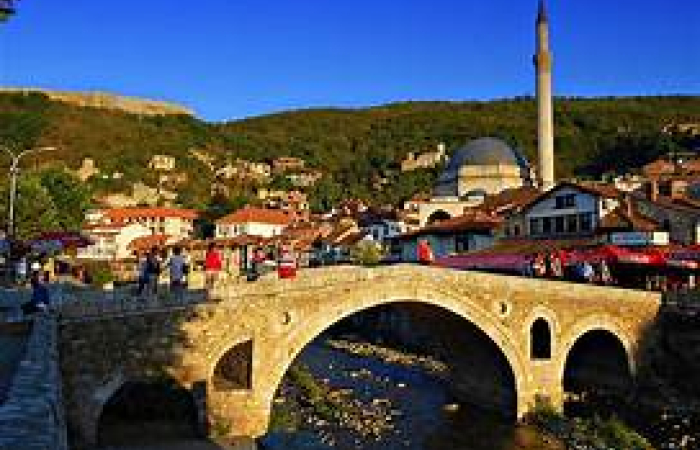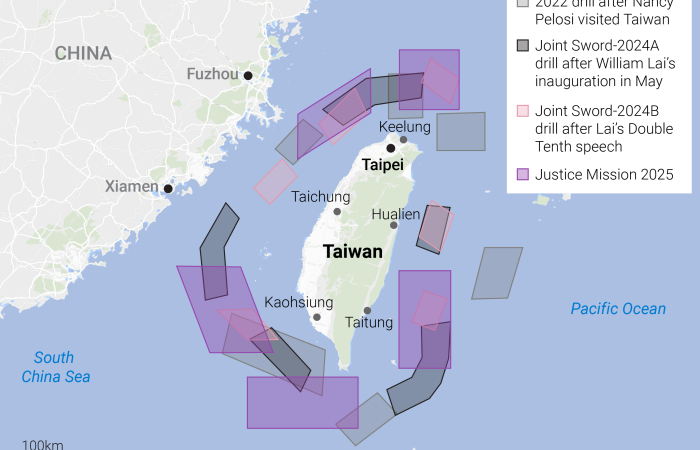North Korea has supplied Russia with more than 12 million rounds of 152 mm artillery shells to aid Moscow in its war against Ukraine, Yonhap News reported Sunday, citing South Korea's military intelligence.
A report from the Defense Intelligence Agency (DIA) shared with a lawmaker from the main opposition party said North Korea is estimated to have sent 28,000 containers filled with weapons and artillery shells.
"If calculated with 152 mm single shells, (the number of supplied shells) are presumed to have reached more than 12 million," said the DIA, under the South Korean Defense Ministry.
In late June, South Korea’s intelligence agency claimed that North Korea is likely to send more troops to Russia in the next two months.
North Korea deployed thousands of soldiers to aid Russia in the Ukraine war following the signing of a strategic partnership treaty by leader Kim Jong Un and Russian President Vladimir Putin in Pyongyang in June 2024.
Russian security chief Shoigu said North Korea will send 6,000 personnel to Russia, including 1,000 combat engineers and 5,000 military builders, to assist in mine clearance and reconstruction efforts in the Kursk region bordering Ukraine.
In April, South Korea’s spy agency claimed that North Korea likely suffered 4,700 casualties while fighting alongside Russian forces in the Russia-Ukraine war, with 600 confirmed fatalities.
source: commonspace.eu with Anadolu News Agency (Ankara) and other agencies
photo: The North Korean Capital, Pyongyang (archive picture)






